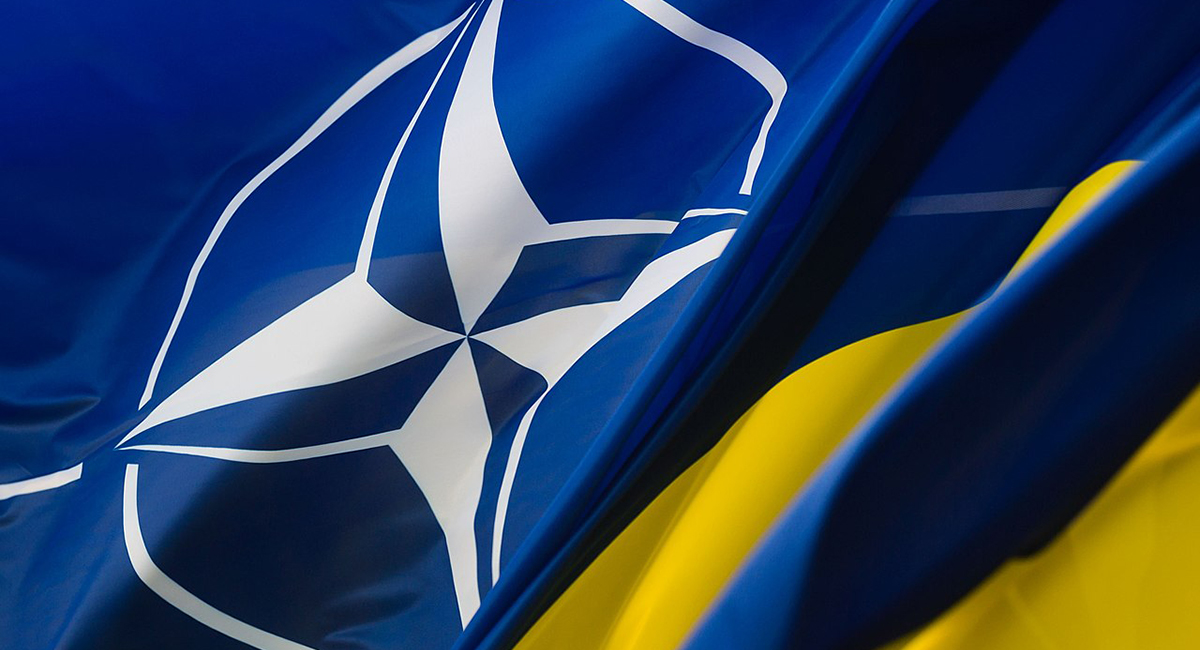Much of the world has sympathized with Ukraine’s valiant defense of its homeland against a Russian aggressive invasion, purposeful targeting of civilians, and other likely war crimes.
Understandably, Ukraine has been assertive in demanding help from the West, both economically and militarily, for its survival as a nation. These demands have been paired with the arguments that Ukraine is standing not only for itself but for world democracies against autocracy and that it is fighting the West’s battle against a virulently belligerent Russia.
At the NATO summit in Vilnius, Lithuania, this week, Ukraine has demanded that its “minimum” requirement would be that alliance standards would be relaxed for its ultimate acceptance into the alliance.
Ukraine’s President Volodymyr Zelensky has become a global celebrity because he courageously remained in Ukraine when it was invaded, regularly visits dangerous areas close to the fighting, and adroitly manages war public relations. Zelensky has often visited NATO countries, demanding ever more weapons and economic assistance.
Yet, Ukraine’s most recent demand that the alliance relax political and military standards for Ukraine to eventually enter, which NATO is granting, is beyond the pale. Zelensky even threatened to boycott the meeting if sufficient progress was not made on an alliance commitment for how and when Ukraine will be admitted.
The frontline allies, spooked by Russia’s invasion of Ukraine, have pushed for Ukraine to exempted from NATO’s usual requirement of a Membership Action Plan (MAP), which is an open-ended requirement of political and military reform for prospective new members to meet the alliance’s standards for membership; but it does not guarantee eventual membership. Although the United States and Germany at first dragged their feet at eliminating the MAP requirement for Ukraine, they may be poised to grant this exemption, according to reporting late Monday.
However, even before Russia invaded, Ukraine had a high level of societal and governmental corruption and could not be considered a liberal democracy—and political repression during the war has put it much farther from fulfilling that standard.
President Biden said recently that he did not think Ukraine is “ready for membership in NATO,” but throwing out the MAP requirement, and potentially accelerating Ukraine’s entry, would leave Ukraine little incentive to adopt the political reforms needed to meet the political and civil liberties standards required to eventually become a liberal democracy.
What’s worse, because even completing a MAP doesn’t guarantee alliance membership, eliminating the MAP requirement is the minimum Ukraine said it would accept at the summit. Although the Ukrainian government is realistic enough to admit that it will not be admitted into the alliance until the war with Russia is over, it has demanded a “meaningful” move toward membership as a sign of alliance commitment to eventual admission.
In 2008, then-President George W. Bush made the colossal mistake of vaguely promising eventual NATO membership to Ukraine and Georgia, two countries that have since been or currently are at war with Russia. The incoming Biden administration compounded this error by reiterating this promise for Ukraine after a long period of U.S. procrastination, so as to avoid provoking Moscow.
The American media, often with historical amnesia, has focused on the evil nature of Russian President Vladimir Putin as the only cause of Moscow’s diabolical invasion of Ukraine, whitewashing NATO’s continued expansion up to Russia’s borders, and its flirtation with expanding into what Russia regards as a culturally and strategically vital Ukraine.
Even repressive autocrats, such as Putin, can have legitimate security concerns. Russia’s flat terrain to its west has led to many invasions by European armies, the last one by Nazi Germany in World War II, which led to the utter destruction of what was then the western Soviet Union and the deaths of 25 to 30 million Soviet citizens.
Ukraine should never be admitted to NATO. It is a country much more strategic to nearby Russia than to NATO and especially to the faraway United States. The military power of the United States greatly exceeds any of its European allies and is already expected, in addition to its global commitments, to defend 30 NATO countries, some already far forward near Russia, which has a GDP only the size of Texas.
The United States is not only already overextended militarily but also economically: combined, the now wealthy European countries have a GDP larger than that of the United States. Instead of moving toward a commitment to defend a 32nd alliance member by rushing the process to eventually admit another country on an already weakened Russia’s border, the United States should be shifting the financial burden of the Ukraine war—as well as the entire defense of Europe—to rich Europeans.

















